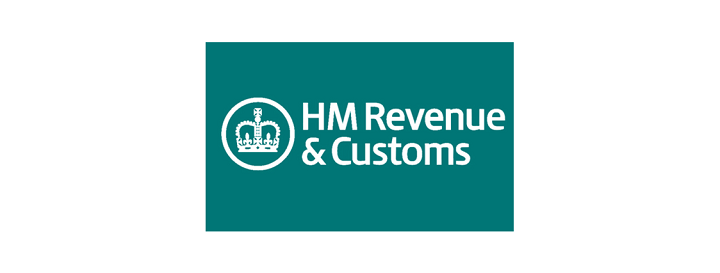- April 12, 2021
- Posted by: FCS Compliance
- Category: News

On 17 March 2021, HMRC published its own AML Supervision annual assessment.
In the report, HMRC confirmed their obligation to comply with the standards set for professional Body Supervisors as set out in the Office for Professional Body Anti-Money Laundering Supervision (OPBAS). The report stated that HMRC takes a pro-active approach to supervision, based on the risks.
The key findings that impact Estate Agency Businesses (EABs) were as follows:
Interventions
- HMRC conducts both onsite and offsite supervisory interventions to monitor compliance with the regulations. The decision on whether an investigation should be face-to-face or a desk-based intervention is based on an assessment of the risk posed by the business. Riskier persons are more likely to be subject to face-to-face intervention.
- Between 2019 to 2020, HMRC carried out 817 face-to-face interventions and 1,012 desk-based interventions.
- 2020 to 2021 will be severely impacted by the COVID-19 pandemic. Almost all activity has been converted to desk-based interventions, with onsite interventions only occurring where critical to the risk.
Registration
- Applicants are given 21 days to respond to requests for information, as required by the regulations. Applicants are advised on registration that they must immediately advise HMRC of any changes to the information provided in the application. From 2019 to 2020, HMRC issued approximately 30 sanctions to businesses that did not provide this information.
- HMRC is required by law to complete the application process within 45 days of registration. From 2019 to 2020, HMRC met the target in only 72% of cases.
Risk Alerts
- HMRC sends emails to businesses advising them of new money laundering risks. However, HMRC has not previously had a systematic process in place to ensure all new and emerging risks are shared with businesses. A new process has been established, and, going forward, it is expected that new and emerging risks, including those identified by other government departments and law enforcement, will be shared more promptly with registered businesses.
Enforcement
- Following a review in 2018, HMRC decided that it needed to adopt a more robust approach to supervision. HMRC subsequently began work to ensure that the sanctions applied were commensurate with the breach. Part of this new approach includes increasing the value of financial penalties where necessary and making more use of the wide range of sanctions available, including:
– censuring statements
– temporary or permanent management prohibition
– registration suspension or cancellation, and
– criminal prosecution for breaches of the Money Laundering Regulations - From 2015 to 2016, HMRC issued 1,153 supervisory fines, averaging £500. The vast majority of these (1,140) were registration penalties. By 2019 to 2020, the number of fines had fallen to 31. However, the quantum of the penalties had increased substantially to £290,000 on average.
- The average value of penalties hides considerable disparity between the sectors. From 2019 to 2020 the MSB and EAB sectors received larger penalties, including one MSB penalty of £7.8 million and an EAB penalty of £1 million.
- Since 2018, HMRC has regularly published details of sanctions online. HMRC gives businesses notice that the details of the sanction will be published and gives them the opportunity to make representations against publication.
- HMRC is keen to increase the number of interventions that can be undertaken. Following an increase to fees in 2019 to 2020, HMRC plans to sharply increase the number of staff available and trained for interventions by 15% by April 2021.

